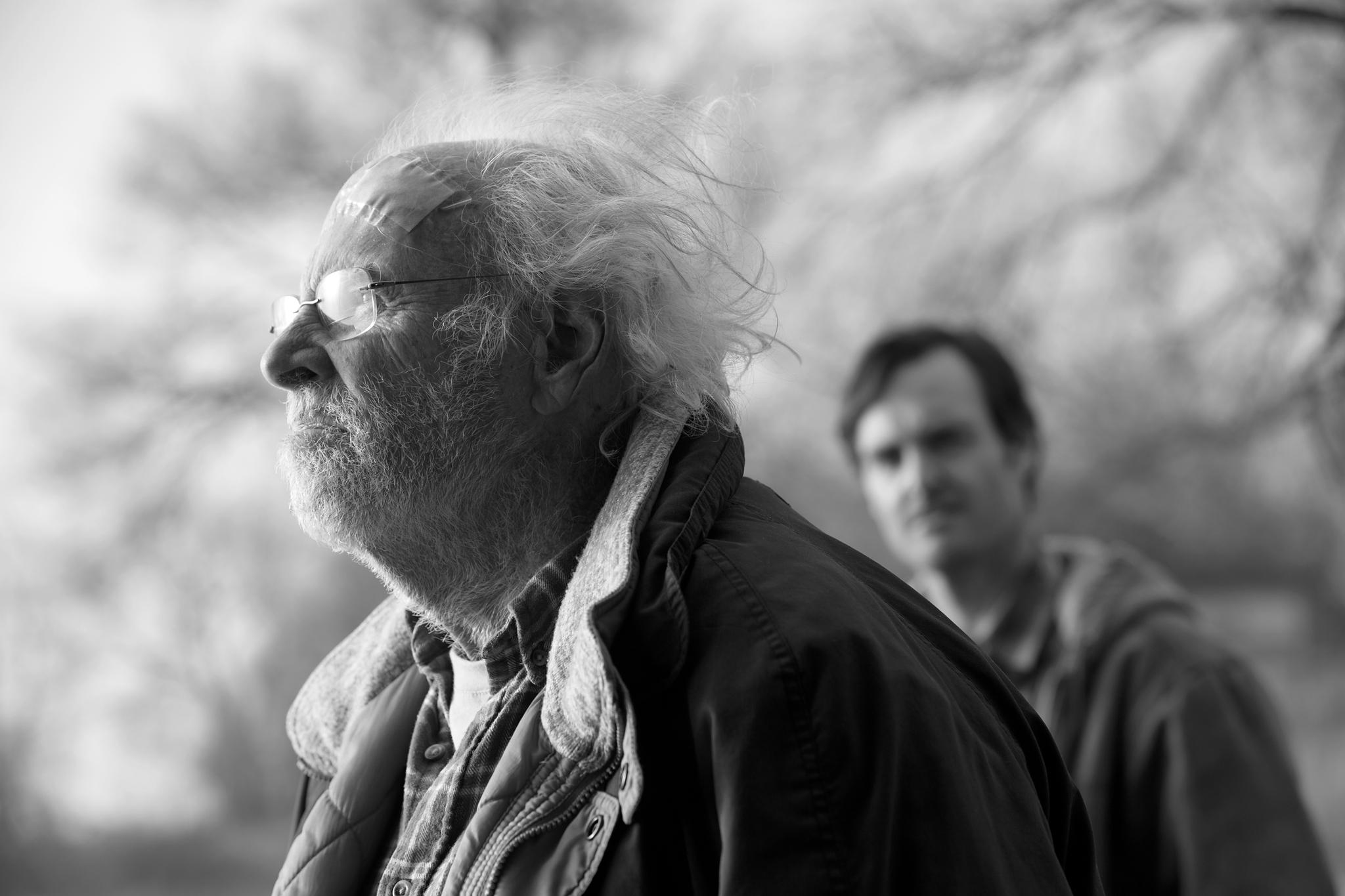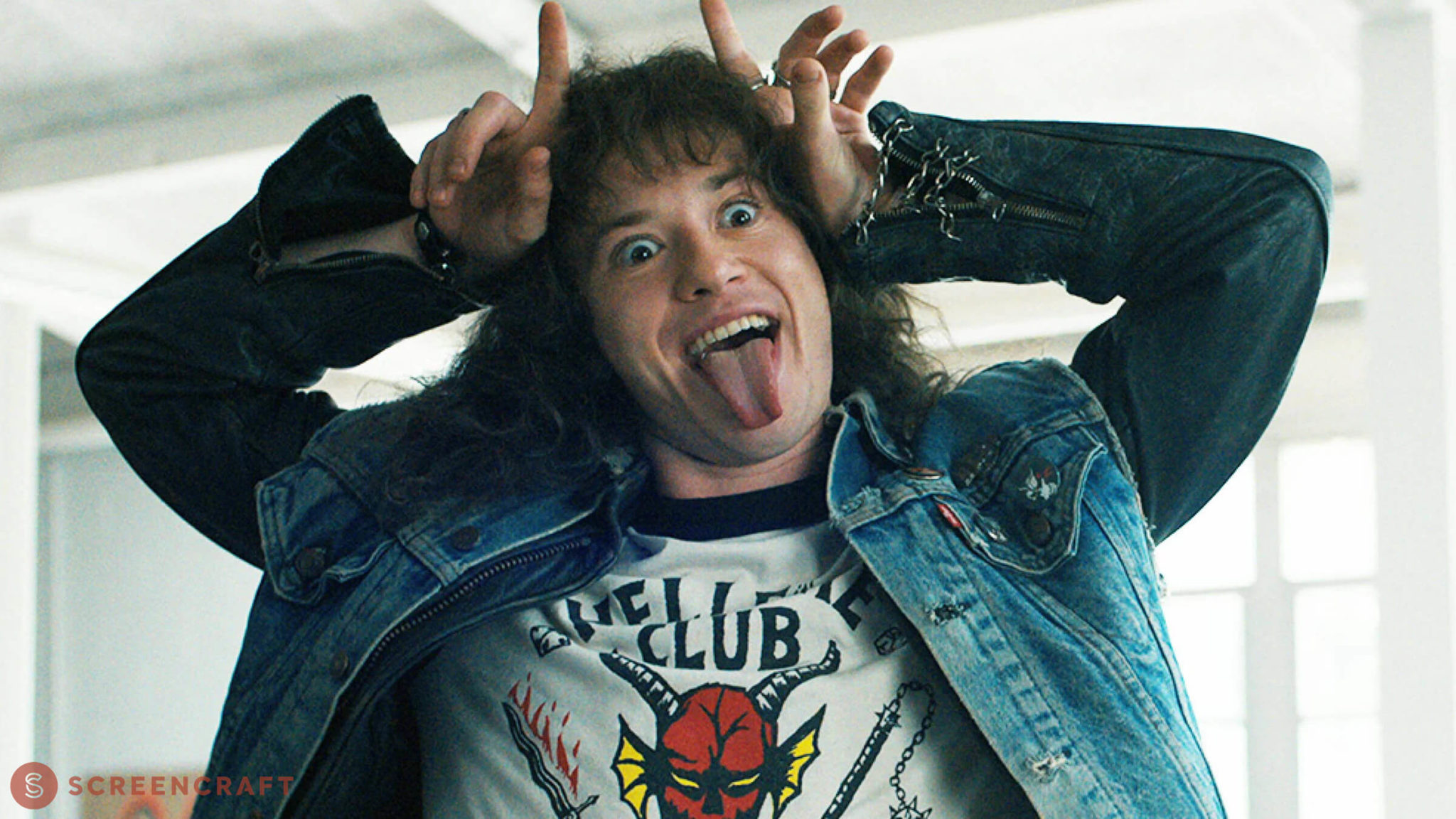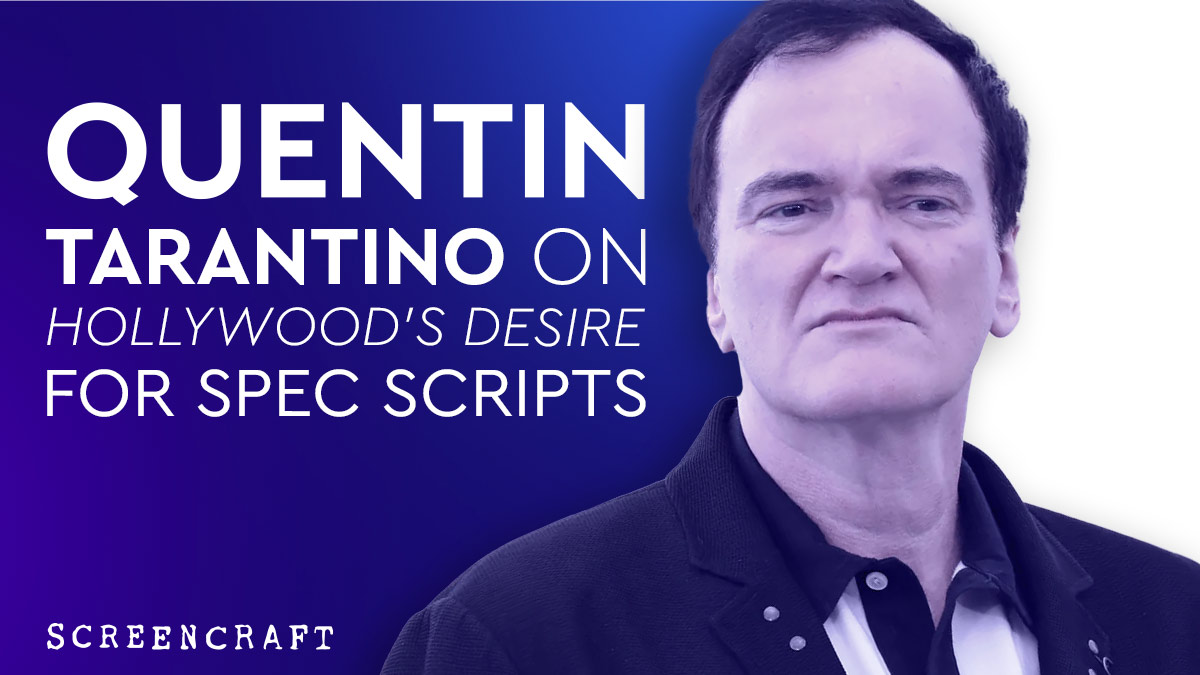AFI Fest 2013 Review: Nebraska Is a Bittersweet Story of Fathers and Sons

Bruce Dern’s manic, hair-trigger acting style has served him well over the years, allowing him to convincingly portray a rogue’s gallery of screwballs and sociopaths. Over the course of a six-decade career, including collaborations with the likes of Alfred Hitchcock and Quentin Tarantino, his most infamous role is still arguably Asa “Long Hair” Watts, the mangy cattle rustler who guns down John Wayne at the end of The Cowboys. In many ways, that character is the epitome of Dern’s onscreen persona: intense, unpredictable and always spoiling for a fight.
The first scene of Alexander Payne’s Nebraska presents us with a very different version of the celebrated character actor: gnarled and frail, a cumulus tuft of snow-white hair shivering on his scalp like the last leaf on a dying tree. He shuffles along a lonely stretch of Montana highway, wearing several layers of flannel and a look of quixotic determination. It’s a powerful image, and the perfect way to open the meditative, melancholy dramedy that will undoubtedly earn Dern his first Oscar nomination since 1978’s Coming Home.
Dern’s character, Woody Grant, is an aging alcoholic, clearly in the early throes of dementia, whose failing mind has seized on one final, seemingly vital obsession: traveling to Lincoln, Nebraska to claim the million dollar prize he believes he’s won in a dubious publisher’s sweepstakes. His youngest son David (SNL veteran Will Forte), newly single and stuck in a dead-end job at the local electronics store, decides to accompany Woody on his ill-advised quest, knowing full well there is no prize money but intent on using the time to reconnect with his estranged old man.
Along the way, the two stop to visit relatives in Woody’s birthplace of Hawthorne, a modern-day Dust Bowl town, where the news of his windfall is accepted as unimpeachable fact. Soon all manner of moochers come crawling out of the woodwork, including David’s slack-jawed cousins (Devin Ratray and Kevin Kunkel), and Woody’s snake-in-the-grass former business parter Ed Pegram (Stacy Keach). David’s attempts to tell them the truth fall on deaf ears; everybody wants a cut of the dough for the years they spent putting up with Woody and his drinking. Eventually David’s mother Kate (June Squibb) and his hotshot older brother Ross (Bob Odenkirk, of Breaking Bad and Mr. Show fame) are summoned in a last-ditch effort to diffuse the situation.
Payne, a director who knows his way around family schisms (The Descendants) and existential road trips (Sideways), does a remarkable job of evoking the quiet desperation of Midwestern farming communities, whose residents often mask their true feelings behind a veneer of neighborly cheer and the words, “I’ll pray for you” can sometimes double as an insult. The film’s crisp black-and-white photography, which could have given the proceedings an air of detachment or artsy pretension, instead helps to visually underline the often-stark difference between what the characters are saying and what they actually mean.
Nebraska represents a welcome dramatic shift for Forte, an actor whose big screen exposure has been mostly limited to middle-of-the-road fluff such as MacGruber and a hilarious turn as a cantankerous sword store operator in last year’s cult comedy Tim and Eric’s Billion Dollar Movie. His performance as David is vulnerable yet understated, allowing only the occasional flash of frustration and resentment to singe through his mild exterior. Forte also has the gift of achingly honest delivery, especially during the scene where he explains to a stranger that his father doesn’t have Alzheimer’s, “he just believes what people tell him.” The stranger’s deadpan response: “Oh, that’s too bad.”
The supporting cast is uniformly excellent, especially Squibb as Woody’s long-suffering wife. Her graveside reminiscing about the loose morals of deceased family members and schoolmates serves as a warm counterpoint to the rest of the film’s relentlessly downbeat tone. Keach is similarly effective as Ed, the shameless blackmailer with the reassuring baritone who insists that he has a legal right to the non-existent prize money. Another standout is Odenkirk, whose character could have been a one-dimensional blowhard but instead comes across as an essentially nice guy with a slightly inflated ego, the result of his oft-mentioned success as a local newsman.
Despite these and other highlights, the true centerpiece of Nebraska is Dern’s towering, nearly wordless performance as a father who, in his more lucid moments, is honestly trying to make amends for a lifetime of neglect and broken promises. This is his crowning achievement, the feather in the cap of a career whose triumphs have always been hard-won. At the AFI tribute that proceeded Monday’s screening, Dern himself spoke of Payne’s direction to him during the filming of Nebraska: “Don’t show us anything. Let us find it.” It was an invitation to transcend years of typecasting, and the 77-year-old actor answered the call with subtlety, nuance and soul-baring dignity.
Tags
Get Our Screenwriting Newsletter!
Get weekly writing inspiration delivered to your inbox - including industry news, popular articles, and more!



























